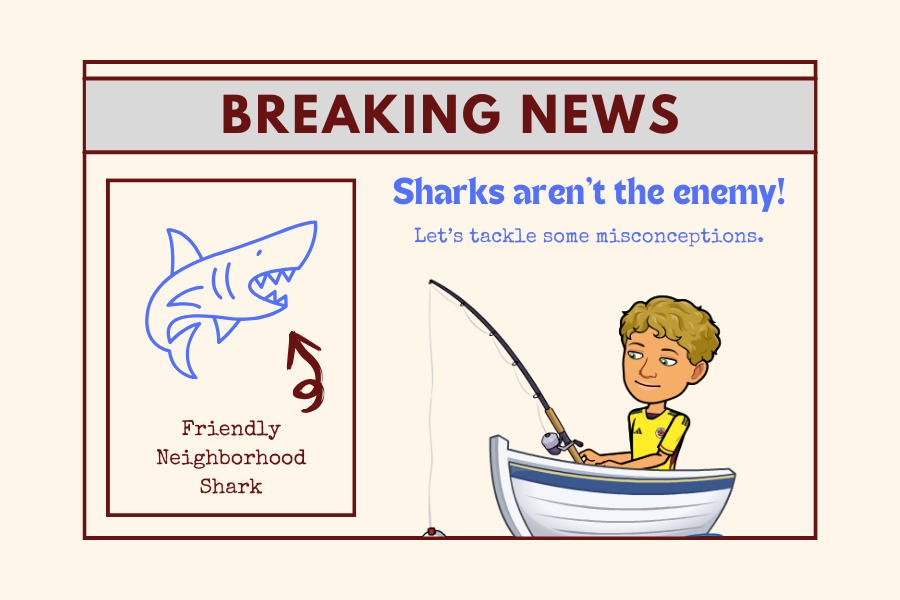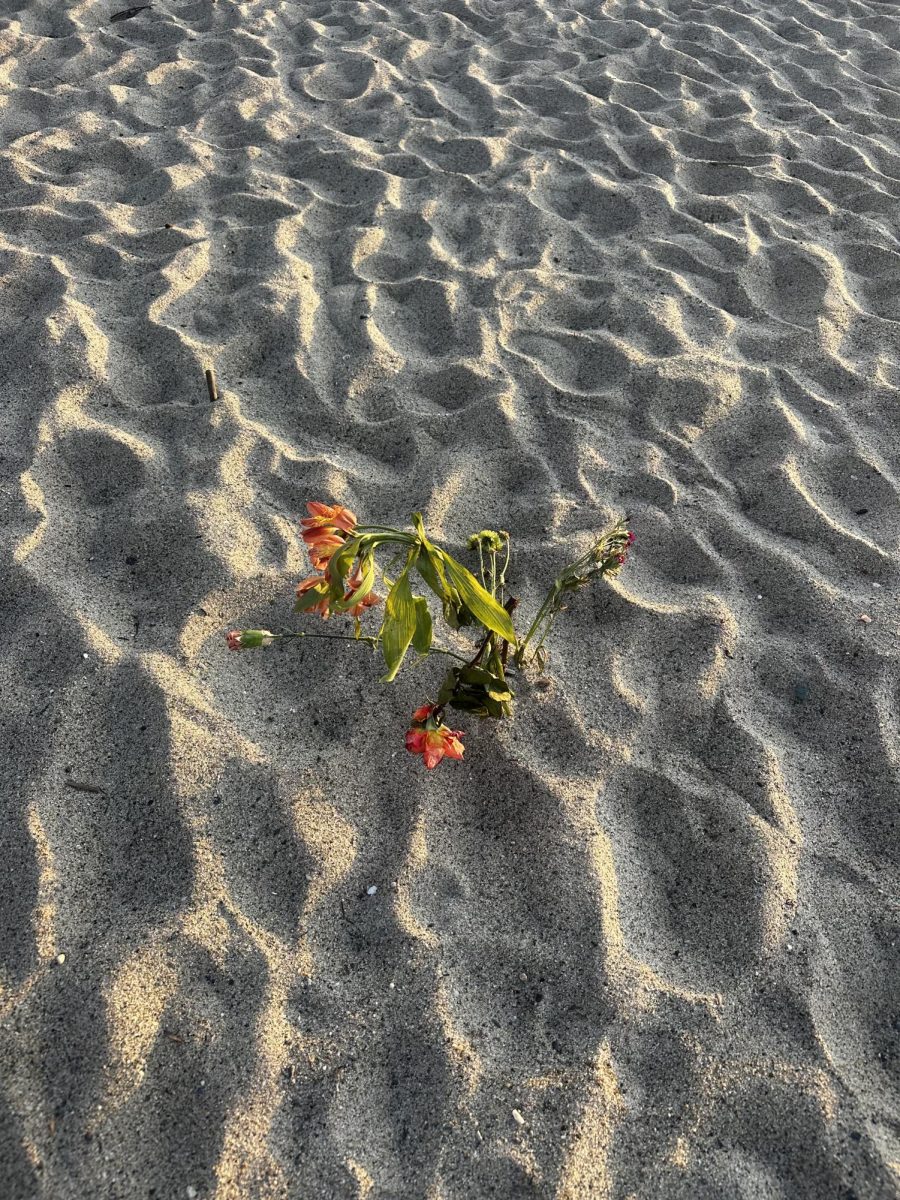For many, the fear of sharks remains the fiercest. The big-toothed and big-bodied creatures lurk off the coasts of many populated beaches. Tourists, and even long-time locals, sometimes refuse to jump into the ocean, even if only a few feet out. These people don’t know that the sharks simply do not want you.
After many conductive studies, it has been found that the ocean’s “most aggressive” inhabitants do not enjoy the taste of humans. According to the International Shark Attack File, over 60% of reported shark attacks end in only minor injuries, as most sharks lose interest after realizing a person isn’t their typical prey. Most shark attacks can be pinned back to the actions of humans. Whether it’s flailing their arms, looking like hurt and easy prey, or knowingly entering the ocean with an open wound, people often do not think of the precautions. Instead, they blame it on sharks, one of the focal points of the ocean’s ecosystem.
An example is July’s incident in Del Mar, where a man found himself in a brawl with a Great White. While yes, the shark quite literally bit him, this is not the shark’s fault; it’s simply doing what it’s supposed to do, which is taking out prey to continue the flow of the ecosystem. The shark does not claim the knowledge to know a human is not an odd-looking seal. The man had a couple of lacerations on his limbs and was rushed to a nearby emergency center to tend to his injuries.
However, the problem is people who don’t know what they are doing or talking about. After the Del Mar incident, I saw many non-locals making Instagram reels about the event and how the beaches should be cleansed of sharks. I do not entirely blame tourists who rarely visit the ocean for not understanding it, but there must be some sensibility. The sea has been home to many animals throughout the Earth’s existence.
On average, fewer than ten people worldwide die from shark attacks each year. In contrast, humans kill around 100 million sharks annually. To put that even further, the chances are 1 in 11.5 million to be attacked (not even killed) by a shark; you’re more likely to be struck by lightning ten times over.
Now, here is why you simply cannot rid the deep blue depths of sharks; the ocean would fall apart without them. The water wouldn’t physically drift away, but the populations of different organisms would boom uncontrollably. In nature, there is always a predator; otherwise, things would go out of check, out of balance. Imagine an ocean full to the brim of clownfish. That’s too many carbon copies of Nemo.
The same applies to whales, fish, and any creature you can find in the ocean. The whole system works as is because of the parts that each organism plays. Sharks are invaluable to this system; without them, the ecosystem would change in ways we can’t fully comprehend. And so, the next time you hear about a “shark attack” circulating the frontlines, remember: these beautiful animals aren’t mindless monsters but essential preservers of the sea, and they deserve our respect and love – not our fear.















Chloe Falk | Oct 25, 2024 at 12:10 pm
wow such an interesting article